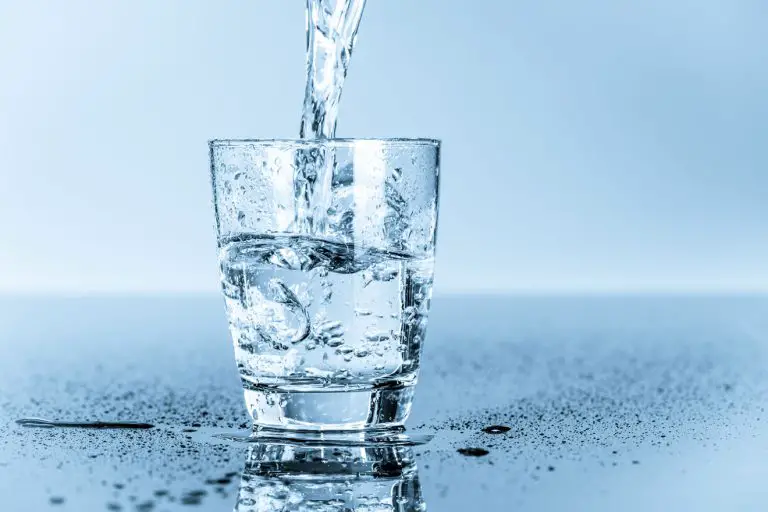IV therapy for weight loss: what you need to know
Intravenous (IV) therapy for weight loss is a growing trend in wellness and health circles. While it’s not a miracle solution for dropping pounds, IV therapy can be a useful aid when combined with a comprehensive weight loss strategy that includes diet, exercise, and lifestyle changes. In this article, we’ll explore what IV therapy for weight loss entails, who it’s most suitable for, the different types of drips available, and the nutrients commonly included in these drips.
What is IV therapy for weight loss?
IV therapy involves delivering a cocktail of vitamins, minerals, and other nutrients directly into your bloodstream through a vein. The direct delivery allows these nutrients to be absorbed more quickly and effectively than oral supplements, which first pass through the digestive system.
When used for weight loss, the IV drips are formulated to boost metabolism, increase energy levels, and support the body’s fat-burning processes. While these drips alone won’t cause significant weight loss, they can complement your existing weight loss efforts.
Who is it suitable for?
In the context of weight loss, IV therapy may be beneficial for those who:
- Struggle with nutrient deficiencies: Some people have difficulty absorbing nutrients due to medical conditions or poor gut health. In such cases, IV therapy can ensure they get the vitamins and minerals needed to support metabolism and energy production.
- Need a metabolism boost: If you feel sluggish or have hit a plateau in your weight loss journey, certain nutrients delivered through IV therapy can help stimulate your metabolism.
- Experience low energy levels: Many people trying to lose weight struggle with fatigue, especially if they’re on a calorie-restricted diet. IV therapy can help increase energy levels, making it easier to stay active and adhere to your weight loss plan.
- Want to enhance their overall wellness: IV therapy can also provide a boost of hydration, antioxidants, and essential nutrients that support not only weight loss but also overall health.
Types of weight loss IV drips
Different clinics offer varying formulations for weight loss IV therapy, often tailored to individual needs. Some common types include:
- Metabolism Boost Drips: These drips focus on enhancing the body’s ability to burn fat and use energy efficiently. Ingredients like B-complex vitamins, carnitine, and taurine are typically included to help rev up metabolism.
- Energy-Boosting Drips: These drips contain ingredients like B12, magnesium, and amino acids to improve energy levels and reduce fatigue, helping you stay active and burn more calories.
- Fat-Burning Drips: Often marketed as ‘lipotropic’ drips, these blends include compounds like methionine, inositol, and choline, which help the liver process and eliminate fat more effectively.
- Detoxification Drips: Some weight loss IV drips aim to support the body’s detox systems, which may be overloaded when following a strict diet or after indulging in unhealthy foods. These drips often include antioxidants like glutathione and vitamin C.
Nutrients commonly found in weight loss IV drips
The exact composition of IV drips can vary, but here are some key nutrients that are commonly used:
- B-Complex Vitamins: These vitamins play a crucial role in energy production and metabolism. They help convert food into fuel and support the breakdown of fats and carbohydrates.
- Vitamin B12: Often used to boost energy levels and improve metabolic function, B12 can help prevent the sluggishness that sometimes accompanies weight loss efforts.
- Carnitine: An amino acid that plays a role in transporting fatty acids into cells to be burned for energy, carnitine is commonly included in weight loss drips to aid fat metabolism.
- Taurine: This amino acid supports metabolic processes and can help reduce muscle fatigue, making it easier to stay active and stick to your fitness routine.
- Glutathione: Known as a powerful antioxidant, glutathione supports detoxification and helps reduce oxidative stress, which can be heightened during weight loss.
- Magnesium: Important for energy production, magnesium helps reduce fatigue and muscle cramps, both of which can hinder a weight loss regimen.
- Inositol, Methionine, and Choline (Lipotropic Agents): These compounds are involved in fat metabolism and liver function. They help break down fat and prevent the accumulation of fat in the liver.
How IV therapy fits into a weight loss plan
It’s important to understand that IV therapy should not be relied upon as a stand-alone weight loss strategy. The drips can be a useful supplement, but sustainable weight loss requires a combination of healthy eating, regular exercise, and good sleep habits. IV therapy can provide support in areas like nutrient absorption, energy levels, and metabolic function, but it works best when paired with a balanced, active lifestyle.
Potential risks and considerations
IV therapy is generally safe when administered by qualified professionals, but there are a few things to keep in mind:
- Not a replacement for a balanced diet: While the nutrient boost from an IV drip can be helpful, it’s not a substitute for getting nutrients from whole foods.
- Cost: IV therapy can be expensive, with sessions ranging from $100 to $400 or more depending on the formulation and clinic. The cost may not be justified for everyone, especially if other more cost-effective strategies work well for you.
- Not suitable for everyone: People with certain health conditions, such as kidney issues or heart disease, should consult a doctor before considering IV therapy. Additionally, the effectiveness of these treatments can vary from person to person.
Final thoughts
IV therapy for weight loss can be a valuable tool for those looking to enhance their wellness journey. By providing targeted nutrients that support metabolism, energy levels, and fat burning, it can help you stay on track with your weight loss goals. However, it’s important to remember that IV therapy is just one piece of the puzzle. When used as part of a comprehensive weight loss plan, it can complement your efforts and contribute to better overall results.







